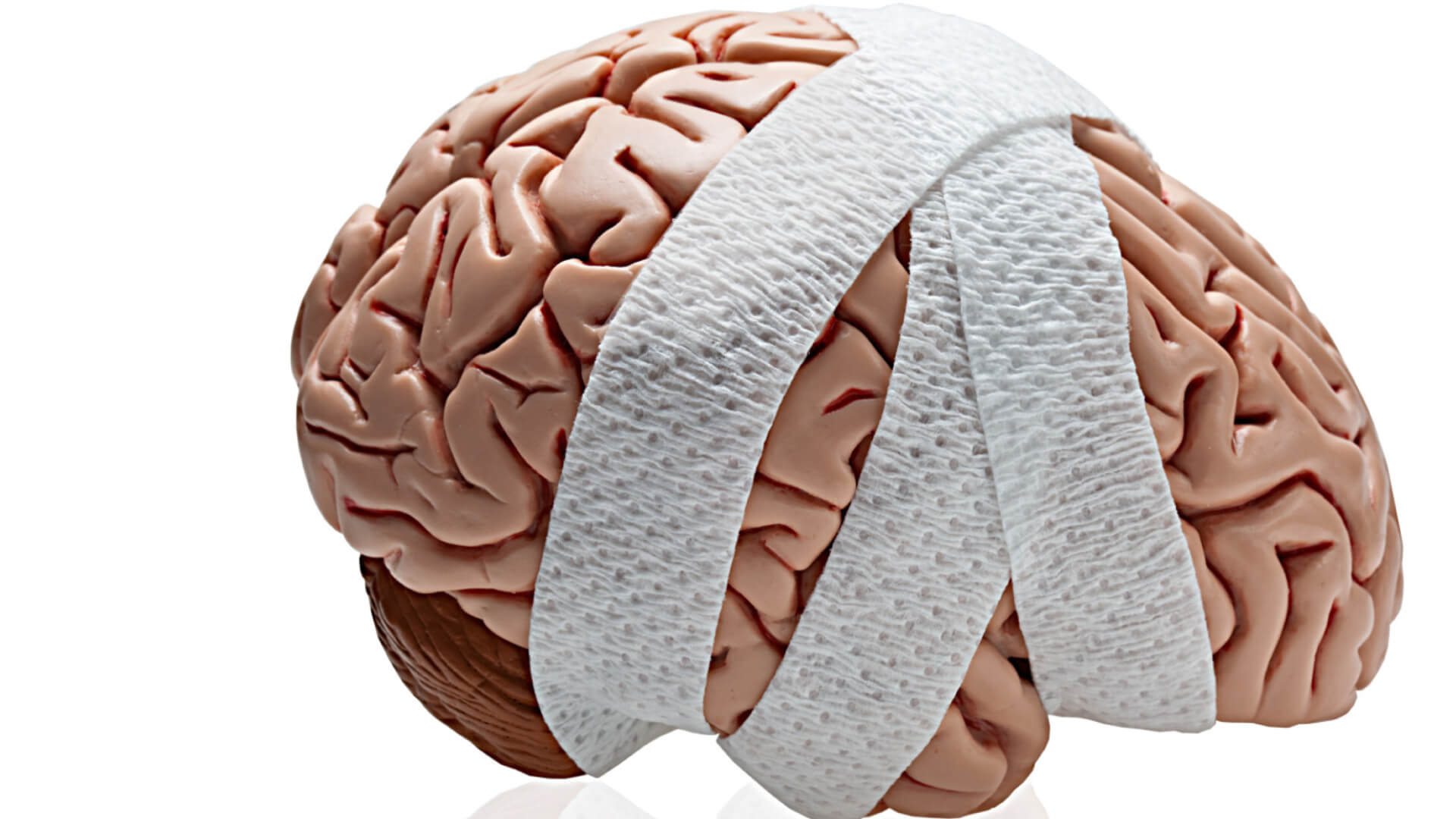Sensational Info About How To Treat A Head Injury

You can take paracetamol , but not other painkillers.
How to treat a head injury. In the brain tissue in the layers that surround the brain ( subarachnoid hemorrhage, subdural hematoma, epidural hematoma) head injury is a common reason for an emergency room visit. Head injury can be either closed or open (penetrating). Treatment and first aid prevention head injuries range from a bump on the head to a skull fracture.
Diagnosing an intracranial hematoma can be difficult because people with a head injury can seem fine. A mild headache nausea (feeling sick) mild dizziness mild blurred vision If you are at home, you can treat minor head injuries by sitting quietly and using an icepack.
To manage pain, ask your healthcare professional if it's safe to take a pain reliever such as acetaminophen (tylenol, others). This may range from a mild bump to a traumatic brain injury. Head injuries in adults emergency advice minor head injuries signs and symptoms look for:
A head injury is any harm to your brain, skull, or scalp. However, it can be hard to tell whether a head injury is mild or serious. Don't take other pain relievers such as ibuprofen (advil, motrin ib, others) and aspirin.
Emergency care generally focuses on stabilizing and keeping the patient alive, including making sure the brain gets enough oxygen, controlling blood and brain pressure, and preventing further injury to the head or neck. Head injuries that cause bleeding in the brain may need surgery to stop the bleeding. Depending on the severity of the injury, treatment may include:
Imaging techniques are the best ways to determine the position and size of a hematoma. Ukrainian doctors in a u.s. Table of contents what is a head injury?
3 once the patient is stable, other types of care for tbi can begin. Headaches may occur in the days or weeks after a concussion. A large number of people who suffer head injuries are children.
Someone has hit their head and has: Paramedics providing first aid assistance to a collapsed person presenting a head injury. Head injuries may cause bleeding:
Been knocked out and has not woken up difficulty staying awake or keeping their eyes open a fit (seizure) fallen from a height more than 1 metre or 5 stairs problems with their vision or hearing a black eye without direct injury to the eye clear fluid coming from their ears or nose Surgery may be used to relieve pressure inside the skull by draining accumulated cerebrospinal fluid or creating a window in the skull that provides more room for swollen tissues. Opening a window in the skull.
A closed head injury means you received a hard blow to the head from striking an object, but the object did not penetrate the skull. Military surgeons from ukraine are in oklahoma city learning new. Mild head injuries are fairly common and don’t cause lasting problems.
















/GettyImages-595349943-6d06b3b19cdb4878ab67f6d2913bbbbc.jpg)

